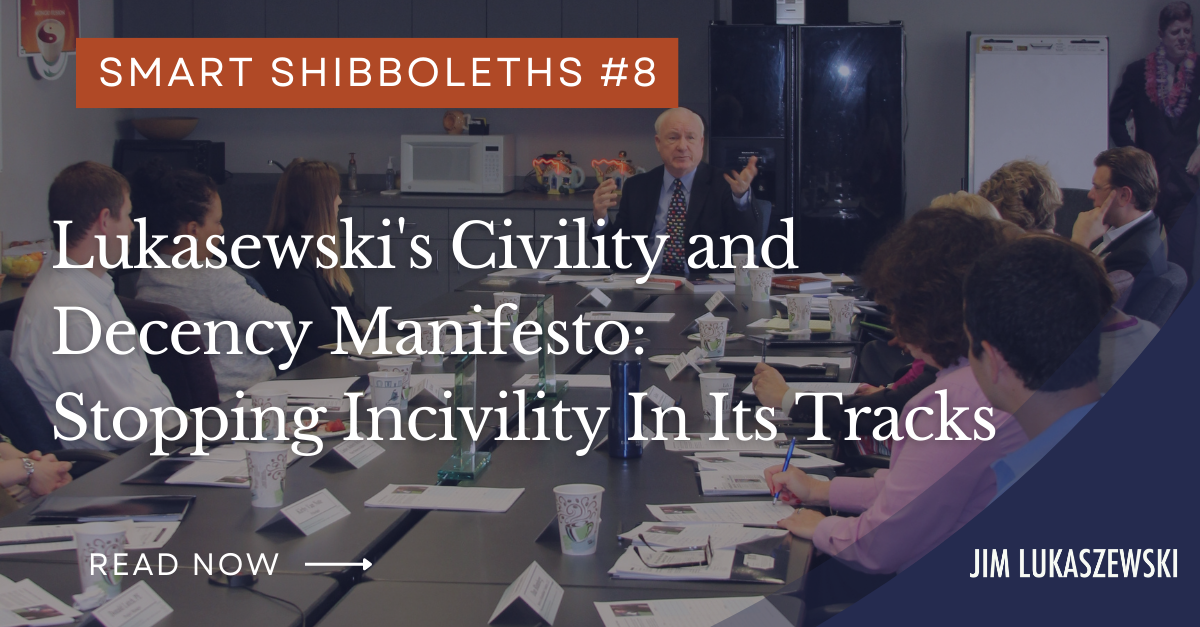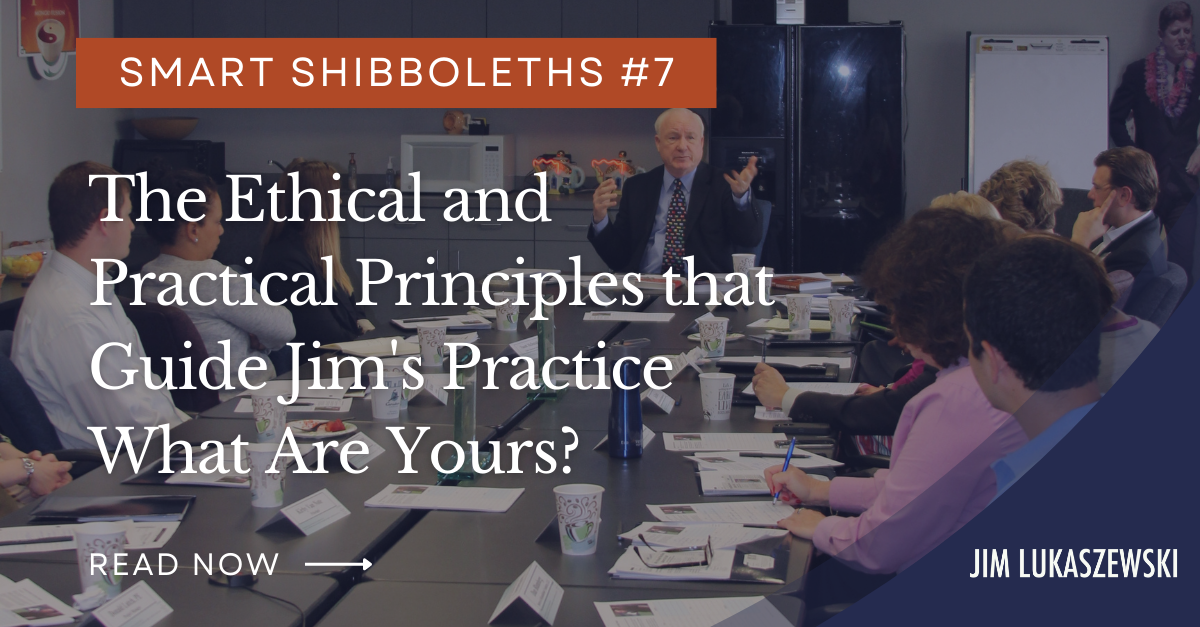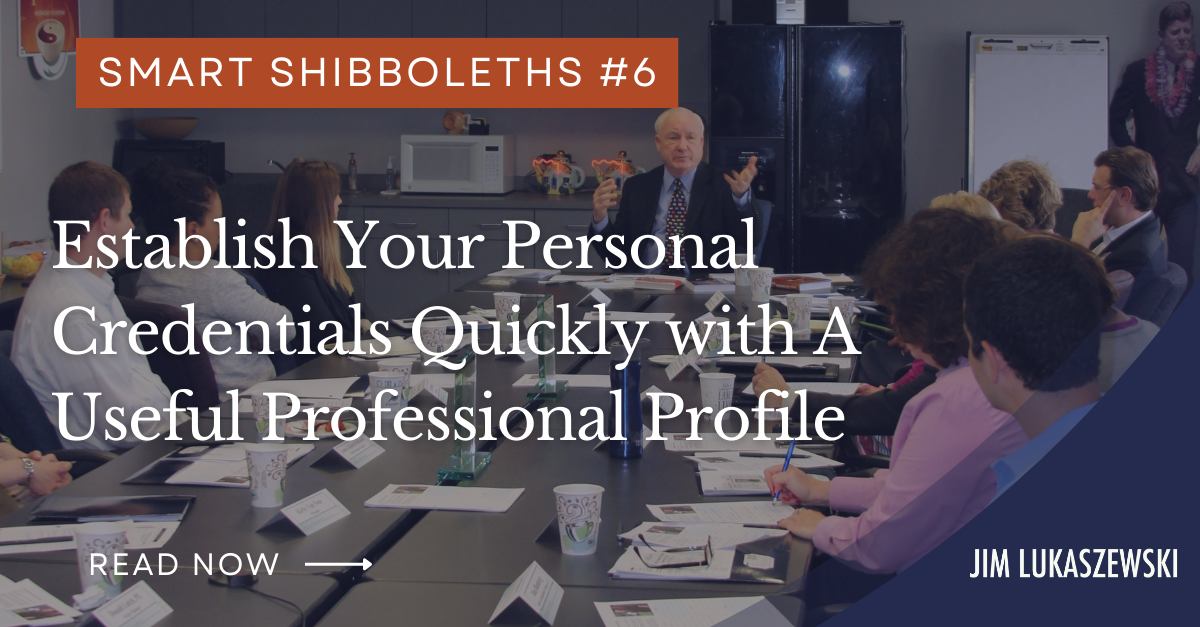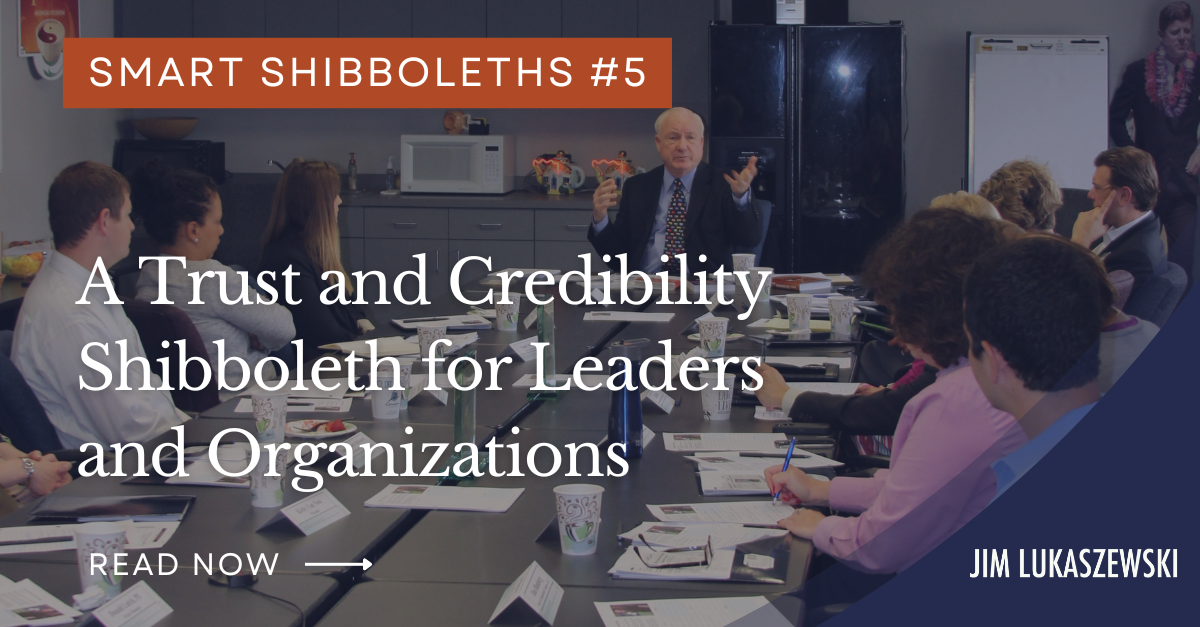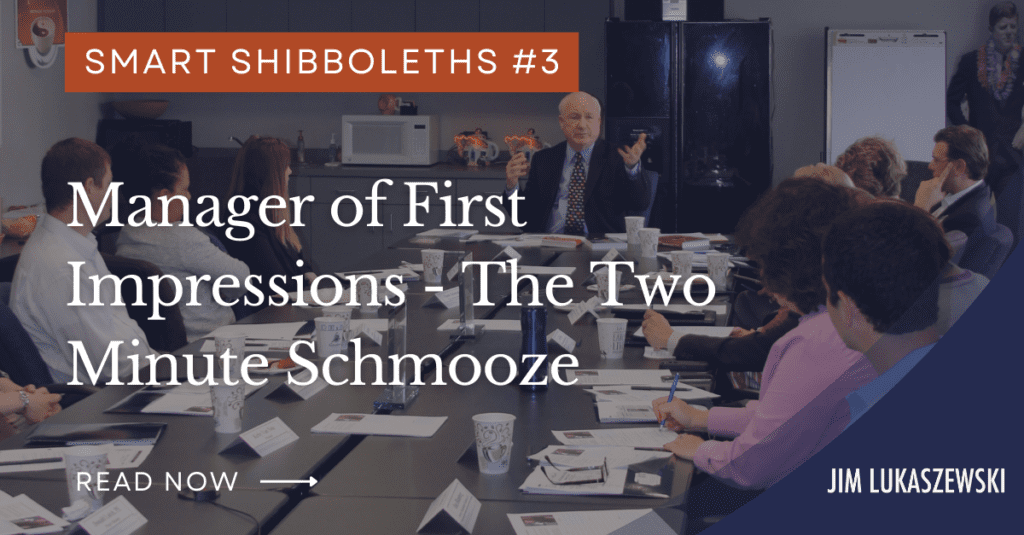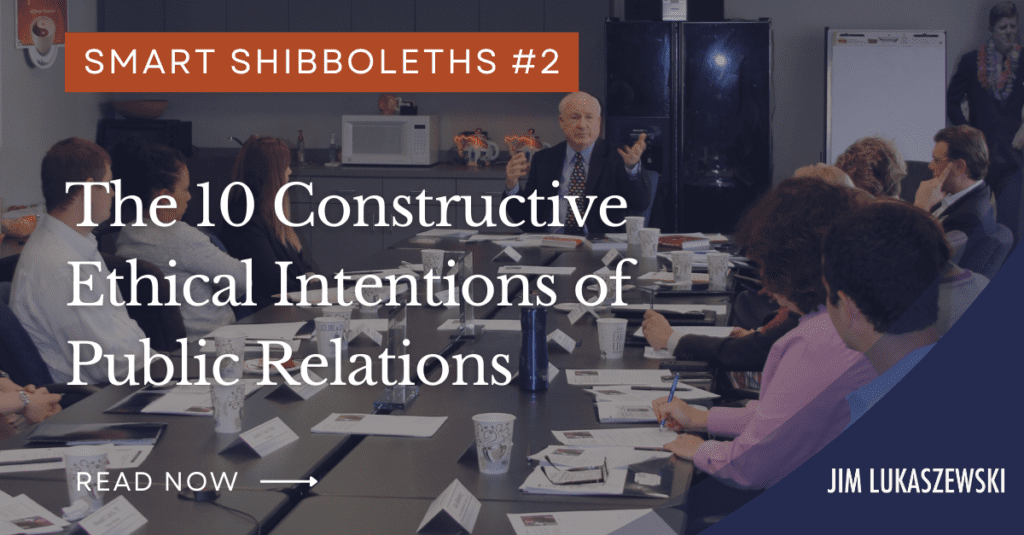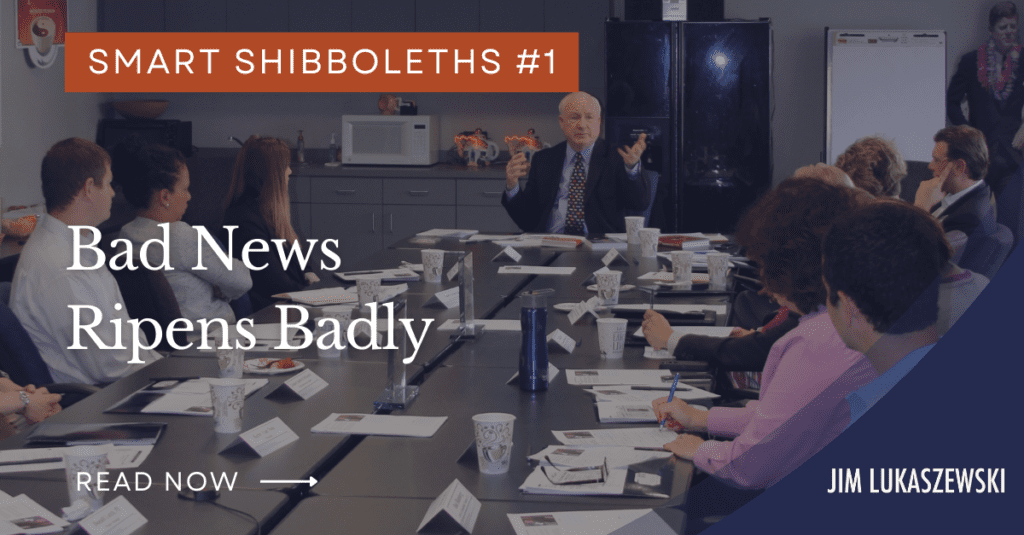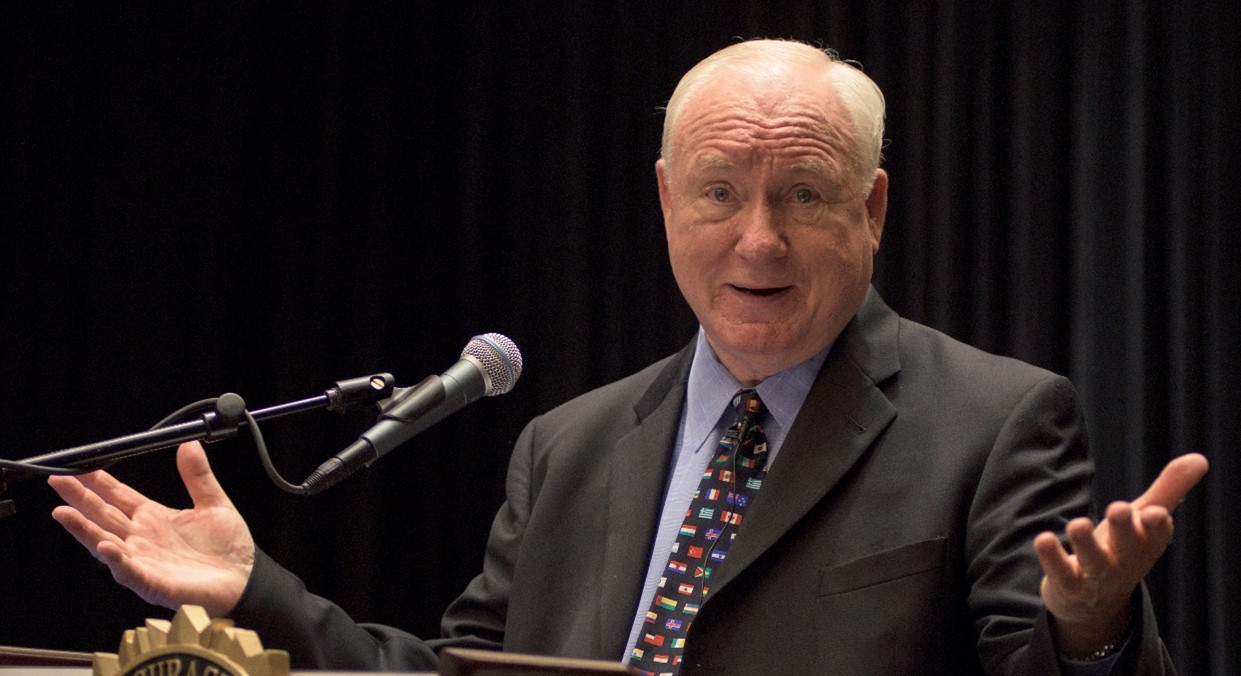16 Ways to STOP Incivility Before or After It Starts
The true test of civility is a commitment to verbal and written communication that are predominantly positive and declarative and behaviors that are simple, sensitive, sensible, constructive, positive, helpful, humble, empathetic, and always benefit the recipient more than the giver. Any other pathways lead only to trouble, prolong problems and delay mitigation and resolution. Empathy means positive deeds that speak louder and more constructively than words.
How to STOP Incivility in Its Track
1. When your words, deeds, actions, or intentions turn to vilification, STOP.
2. When you use sarcasm to ridicule and damage, demean, dismiss, diminish. or humiliate, STOP.
3. When your words are arrogant, causing needless but intentional pain and suffering, STOP.
4. When your words clearly express anger and irritation, STOP.
5. When your words, deeds or actions are demanding and bullying, STOP.
6. When your words are just plain mean, STOP.
7. When your words insult, STOP.
8. When your words become corrosive and disrespectful, STOP.
9. When your words become disparaging and tone deaf, STOP.
10. When you speak and behave without empathy, STOP, reconsider.
11. When your words mindlessly injure, STOP.
12. When your words, deeds or actions intentionally injure, STOP.
13. When your words spread accusations and suspicion, STOP.
14. When your words exhibit overbearing and overzealousness, STOP.
15. When what you propose is negative, punitive, defensive. and harmfully restrictive on others, STOP, choose another pathway.
16. When your words exceed the boundaries of decency, civility. and integrity, just simply STOP. Choose another path.
There are so many pathways to civility, decency, and integrity, pick as many as you can.
Start with Powerful Civilities & Simple Decencies: Actions That Defeat Indecency.
| – How can I help you? | – Please let me help you. |
| – How nice of you. | – Please forgive me. |
| – I can do that. | – Thank you. What can I do for you? |
| – I’m sorry. | – What would be more helpful? |
| – My pleasure. | – Yes. |
| – Please ask me, I’m ready to help. | – You’re welcome. |
Let’s talk about it. I’m always interested in helping colleagues develop their own personal principles. Reach out to me at 203-948-7029 or jel@e911.com.
Coming up in Shibboleth #9: “39 Pathways to Decency”.

James E. Lukaszewski
Americas Crisis Guru®
ABC, Fellow IABC, APR, Fellow PRSA, BEPS Emeritus (2015)
Mainstreet Village, 7601 Lyndale Ave S, STE 32, Richfield MN
jel@e911.com
203-948-7029

